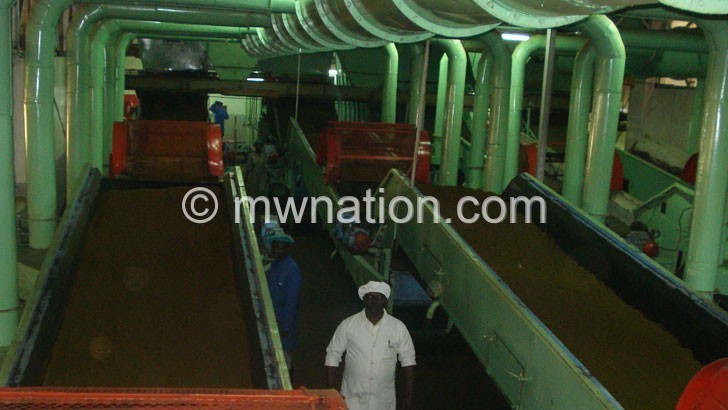Malawi protests Wto trade rules
Malawi, alongside nine other countries has written the World Trade Organisation (WTO) protesting inequities and imbalances in some multilateral trade rules.
The countries claim these rules have provided an inherent advantage to developed members.

In a letter dated July 22 2019 to WTO titled Strengthening the WTO to Promote Development and Inclusivity, the members argue that this has been compounded by the lack of inclusiveness and transparency in the process of WTO negotiations.
Other countries include Bolivia, Cuba, Ecuador, India, Oman, South Africa, Tunisia, Uganda and Zimbabwe,
Among others, the countries argue that the subsidies agreement constrains the policy space for developing countries’ need to nurture their industries, thereby allowing advanced economies that have the financial means to provide substantial support to their high-tech, knowledge-intensive industries deemed critical to their future prosperity.
The agreement on agriculture has also been singled out for allowing developed countries to continue their high subsidies on agriculture products, including those exported to developing countries, impacting their small farmers’ livelihoods and food security.
Reads the letter in part: “While WTO rules such as those on border trade measures have helped developing countries by providing certainty to trade, more often than not, developing members found themselves constrained from pursuing their development and industrialisation objectives due to other rules which have been overly intrusive or imbalanced; facilitating monopoly rents, and diminished the possibility for technology transfer.”
They said the WTO is moving away from the principles entailed in the Marrakesh Agreement and the negotiations mandate contained in the Doha Development Agenda, which sought to place the needs and interests of developing countries at the heart of the work programme.
“This is an urgent priority since in the absence of a functional, effective and independent mechanism for enforcing rules, negotiating new rules in any area makes no sense,” reads the letter.
Ministry of Industry, Trade and Tourism spokesperson Mayeso Msokera said while Malawi has received not less than $4 million (about K3 billion) towards addressing the trade capacity needs of the country through the WTO Enhanced Integrated Framework, as one of the least-developed members of the WTO, the country is eligible to benefit from flexible provisions.
National Working Group on Trade Policy chairperson Frederick Changaya in an interview said there is need to interrogate how the country has utilised available resources for the greater good of the economy.
“When governments borrow for consumption, they end up over-crowding private sector. The latter gets financing at higher interest rates than their counterparts in the west.
“Our interest rates are around 20 percent while in the west they would be around four percent on average. If we had similar cost structure save for interest rates, we would not compete in the global market against them,” he said WTO, which started in 1995, is an intergovernmental organisation that is concerned with the regulation of international trade between nations.





